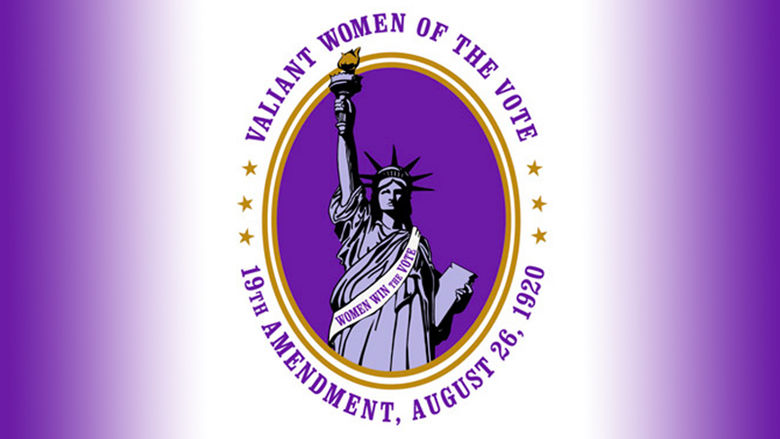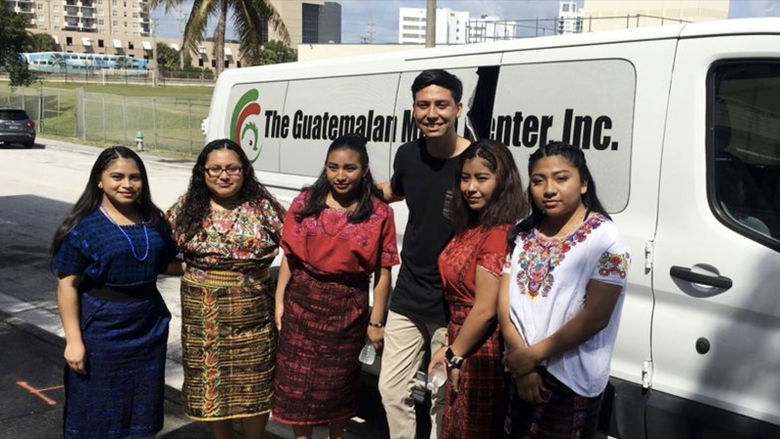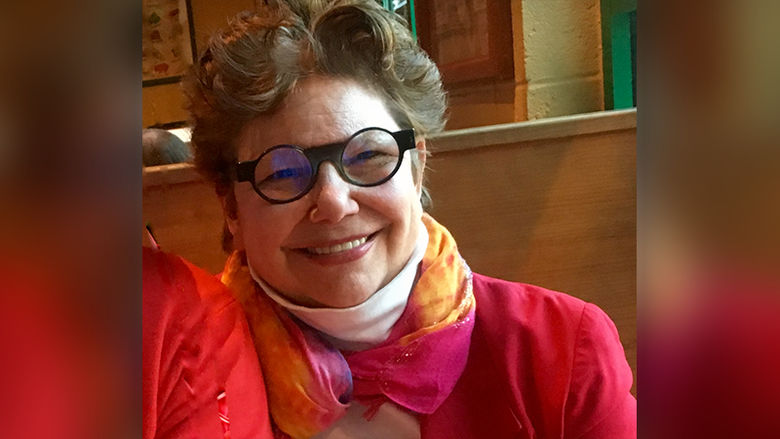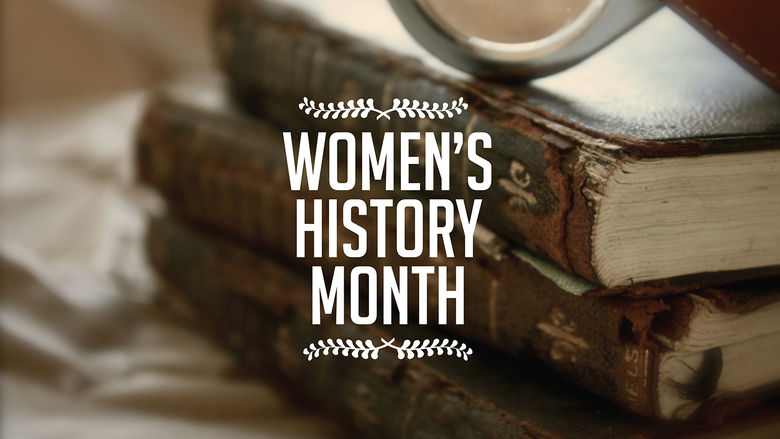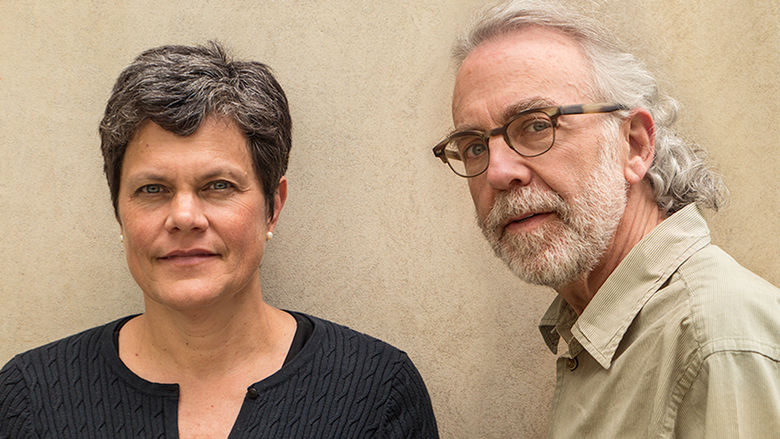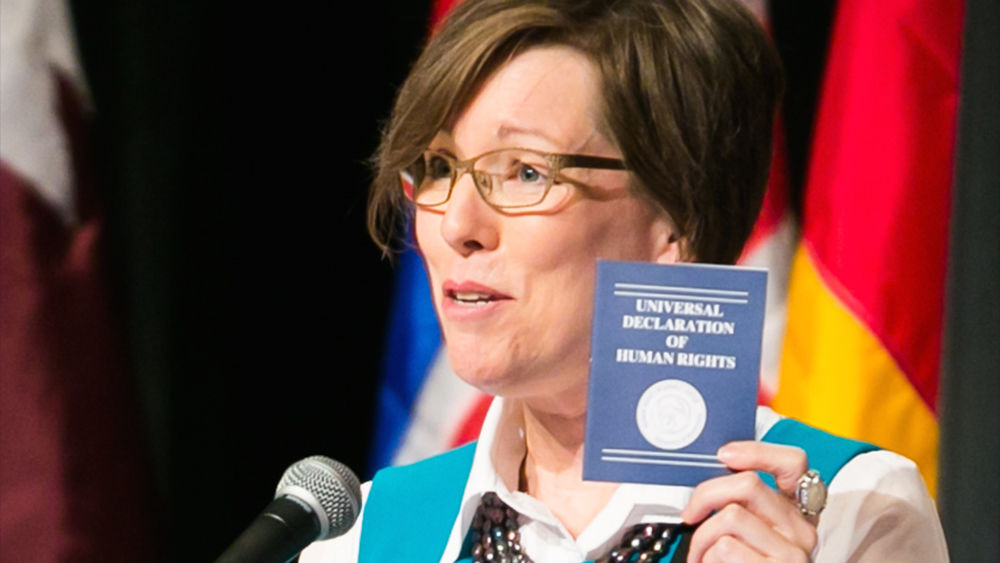
Lee Ann De Reus
Lee Ann De Reus, associate professor of human development and family studies and women's, gender, and sexuality studies, served as the 2016 program chair for the National Council on Family Relations academic and practitioner conference held November 2-6 in Minneapolis, MN. The theme, "Families and Human Rights: Promise and Vulnerability in the 21st Century," was created by De Reus and marked the first time in NCFR's 78-year history that human rights was the focus of this annual meeting. A new record was also set for the largest number of conference proposals ever submitted for program consideration.
The conference provided the 2,000 participants with an opportunity to showcase and explore research, theory, teaching, and practices that addressed issues facing diverse families globally and in their own backyards. By incorporating the United Nations' 2030 Sustainable Development Goals as a framework, De Reus's objective was to focus attention on families and poverty, hunger, access to education, gender inequality, climate change, incarceration, discrimination, and displacement.
De Reus was chosen for this three-year leadership role by the NCFR Board of Directors. Among her many responsibilities was the opportunity to select plenary speakers. They included Alicia Garza, co-founder of the Black Lives Matter movement; Mary Burke, professor of psychology at Carlow University and founder of the Project to End Human Trafficking; Lisa Sun-Hee Park, professor and chair of Asian American Studies at the University of California, Santa Barbara and author of the book, The Slums of Aspen: Immigrants vs. the Environment in America’s Eden; and, Saida Abdi, a licensed social worker at Boston's Children's Hospital who specializes in the treatment and study of refugees' trauma and the radicalization of youth, particularly in the Somali community in the U.S.
Conference attendees gave back to the local community by donating 401 pads, 677 tampons, and 344 panty liners to the nonprofit organization Support Women.Period., which serves low-income and homeless women in the greater Twin Cities area.
